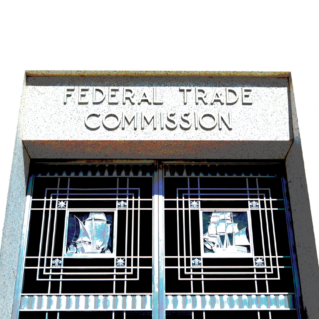The Direct Selling Association (DSA), the national trade association representing direct selling companies, released a statement this week in response to the Amazon Prime Series “LuLaRich.” The association emphasized its commitment to business ethics, consumer and salesperson protection, as well as self-regulation for the entire direct selling channel. The DSA also reinforced that it requires all DSA members to adhere to its stringent DSA Code of Ethics, which prohibits pyramid schemes and false or misleading income claims.
LuLaRoe, the DSA says, “is not and has never been a member of DSA.”
“The Amazon Prime Docuseries describes practices prohibited by the Direct Selling Association,” said Joseph N. Mariano, president of DSA. “Legitimate companies don’t require new salespeople to pay large upfront costs to get involved and should never require or even encourage salespeople to purchase large amounts of inventory they can’t reasonably expect to sell. These types of practices are clear warning signs that all consumers should be aware of when pursuing an independent contractor opportunity with a direct seller.”
According to the statement, DSA membership requires its members to adhere to these practices:
- No requirement or encouragement to purchase large amounts of inventory
- No large up-front fees or costs to get involved as a seller
- A company policy to repurchase unsold inventory when someone leaves the business
- Real products being sold to real consumers of the product
- No high-pressure techniques to get someone to buy product or sign up as a distributor
- Accurate, realistic, and substantiated descriptions of the company’s compensation plans and what a typical salesperson can reasonably expect to earn
- Truthful and accurate claims about their products
“The DSA Code of Ethics prohibits such practices and sets out other guarantees to consumers and salespeople,” Mariano said. “Anyone interested in selling for a direct selling company should be aware of and take advantage of these protections. Member companies of the Direct Selling Association have pledged to and are obligated to offer these protections. Companies which are not members haven’t made that pledge.”
In addition to the DSA’s membership requirements, the industry is also self-regulated by the Direct Selling Self-Regulatory Council, which monitors the market and accepts and considers consumer and salesperson complaints for both DSA members and non-members.
“We are committed to strong and effective consumer and salesperson protection,” Mariano said. “That’s why DSA and its members support the enactment of strong anti-pyramid laws to help distinguish between legitimate direct selling companies and fraudulent pyramid schemes, including Washington state’s anti-pyramid law (which was cited by the Washington State Attorney General Ferguson in the recent $4.75M LuLaRoe Settlement.) We also created the Direct Selling Self-Regulatory Council (DSSRC) in 2019, an independent self-regulatory body of the BBB National Programs (BBB-NP), that monitors income and earnings claims for the entire direct selling channel, regardless of a company’s membership in DSA.”


